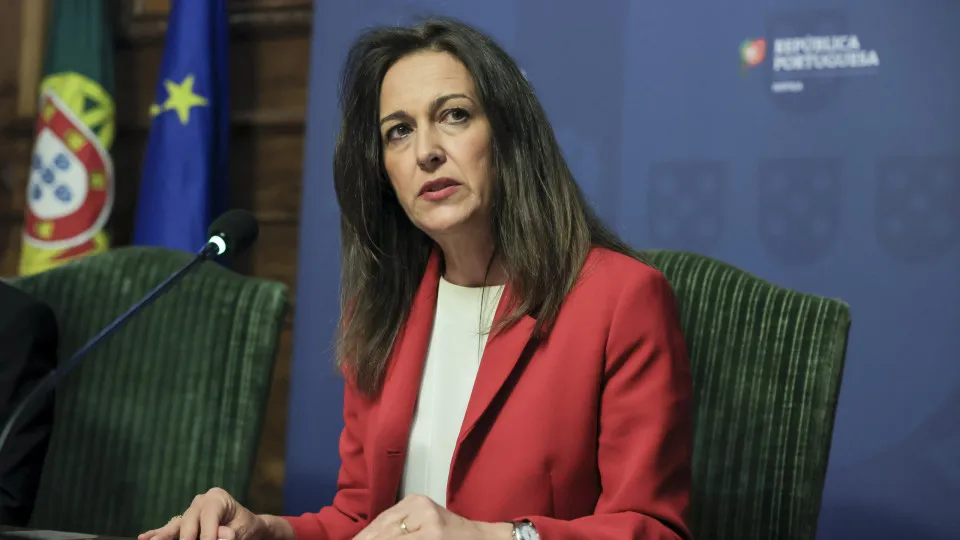
“Time is of the essence, and we know we have a tight schedule in parliament, so we would like to have this matter definitively resolved by the end of the year,” stated Rita Alarcão Júdice at the Assembly of the Republic in Lisbon, following discussions with several parliamentary groups on the proposed bill for the extended confiscation of assets.
The document, which allows for the confiscation of assets even after crimes are time-barred or the defendants have died, was publicly discussed over the summer, leading to a bill the government expects to complete “within a month.”
Once approved by the Council of Ministers, the bill will be forwarded to the Assembly of the Republic for discussion and approval.
Rita Alarcão Júdice, Minister for Parliamentary Affairs, Carlos Abreu Amorim, and the Deputy Secretary of State for Justice, Gonçalo da Cunha Pires, met today with the parliamentary groups from PSD, Chega, PCP, IL, and CDS-PP to discuss the proposed bill, with further meetings scheduled with PS and Livre.
Asked whether the government might lean towards Chega’s stance in the proposal to ensure its passage through parliament, the Minister of Justice emphasized that the discussions were held “at a technical level” and not “in a polarized manner.”
Insisting that the proposal contains no unconstitutional measures, the official added that the aim is for the bill to be balanced and “able to provide effective mechanisms for asset confiscation that can be truly enforced by the courts.”
Chega’s MP Cristina Rodrigues, following the meeting, expressed to the government the need for the Judiciary Police to have “means to act” and to verify whether the legal framework in question “is efficient or not.”
“We know that sometimes these [criminal] processes are complex and lengthy, but wrongdoers should not benefit from this complexity and delay, and therefore, we suggested a reflection on the statute of limitations,” she added.
Meanwhile, communist Paula Santos lamented what she perceives as the government’s lack of “drive for a firm and serious intervention in the fight against corruption,” specifically failing to address issues related to tax havens and the revolving door between public and private positions.
The PCP deputy emphasized that justice must be “effective, swift, and equipped,” noting that “often” the benefits derived from crimes “disappear in tax havens, through laundering,” and, “by the time a decision is made, there are no assets left to seize.”
The other parliamentary groups did not provide comments after the meeting.
[Updated at 20:42]




